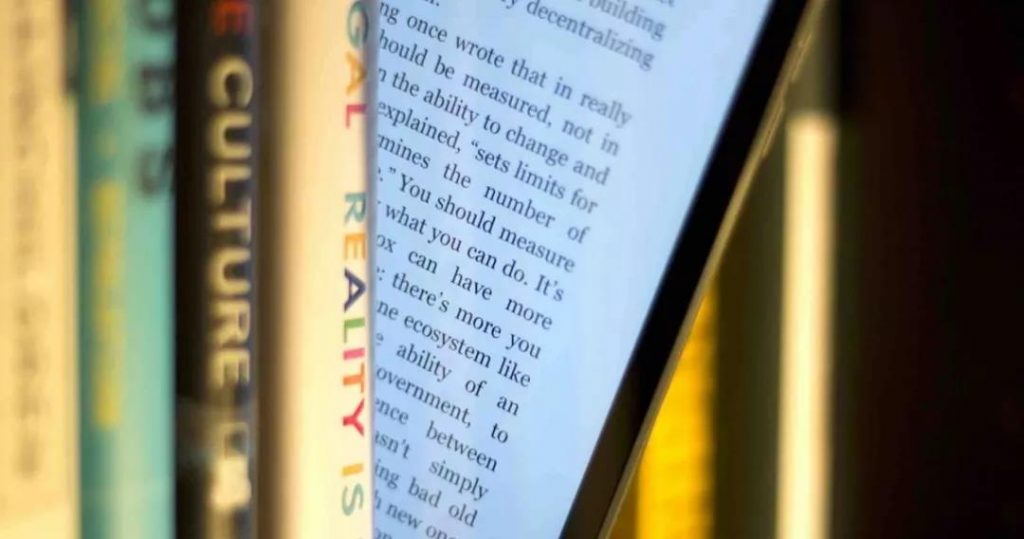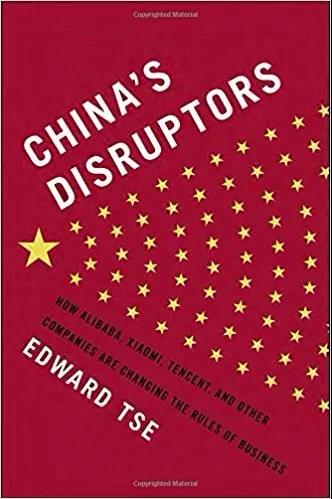
IAN KLAUS
NOVEMBER 2, 2017
The meeting of the two dominant megatrends of our day, technological innovation and urbanization, leaves almost no issue untouched: political stability, protest, mobility,coffee and love. Recently, Toronto announced it would partner with Sidewalk Labs, an Alphabet subsidiary, to develop the city’s eastern waterfront. The New York Police Department, meanwhile, reportedly has sought to move away from a focus on statistics.
As it comes to urbanization and technology, to paraphrase the late rock-and-roller, the future is wide open. No wonder Google is in the game as are upstarts such such as Neighborly in the “fintech” space. As the authors of the following five books — which stretch well beyond the confines of Silicon Valley — demonstrate, it is becoming increasingly difficult to think about new technologies and not consider urban spaces, and just as hard to think about new cities without weighing the great technology-delivered uncertainties to come.
“Twitter and Tear Gas: The Power and Fragility of Networked Protest”
By Zeynep Tufekci (Yale University Press)
“The Upstarts: How Uber, Airbnb, and the Killer Companies of the New Silicon Valley are Changing the World”
By Brad Stone (Little, Brown and Company)
“China’s Disruptors: How Alibaba, Xiaomi, Tencent, and Other Companies are Changing the Rules of Business”
By Edward Tse (Portfolio)

There’s a popular refrain regarding urbanization in China, something along the lines of: “China has more than 10 cities of more than 5 million people that I’ve never even heard of!” The same rhetorical trick, it turns out, can be deployed in tech. Quick, name the most influential technology companies in China — companies that have all expanded hand-in-hand with the growth of China’s urban population.
The answer, according to Edward Tse in “China’s Disruptors”, includes Alibaba, Xiaomi, Tencent, Haier and Baidu. Alibaba, perhaps the best known among these companies, raised $25 billion in 2014 in what was then the largest public offering in U. S. history. Xiaomi sells more phones in China than Apple or Samsung.
Tse sets out to demonstrate China’s entrepreneurial capacity and thus to rebuff the long-held image of a top-down, state-centric economy that inhibits creativity. If you wonder what Amazon might mean for urban grocery delivery, for instance, you could do worse than considering the story of Yihaodian, the online grocery-delivery service.
“Understanding Cyber Conflict: 14 Analogies”
By George Perkovich and Ariel Levite, eds. (Georgetown University Press)
“Machine, Platform, Crowd: Harnessing our Digital Future”
By Andrew McAfee and Erik Brynjolfsson (W. W. Norton & Company)

